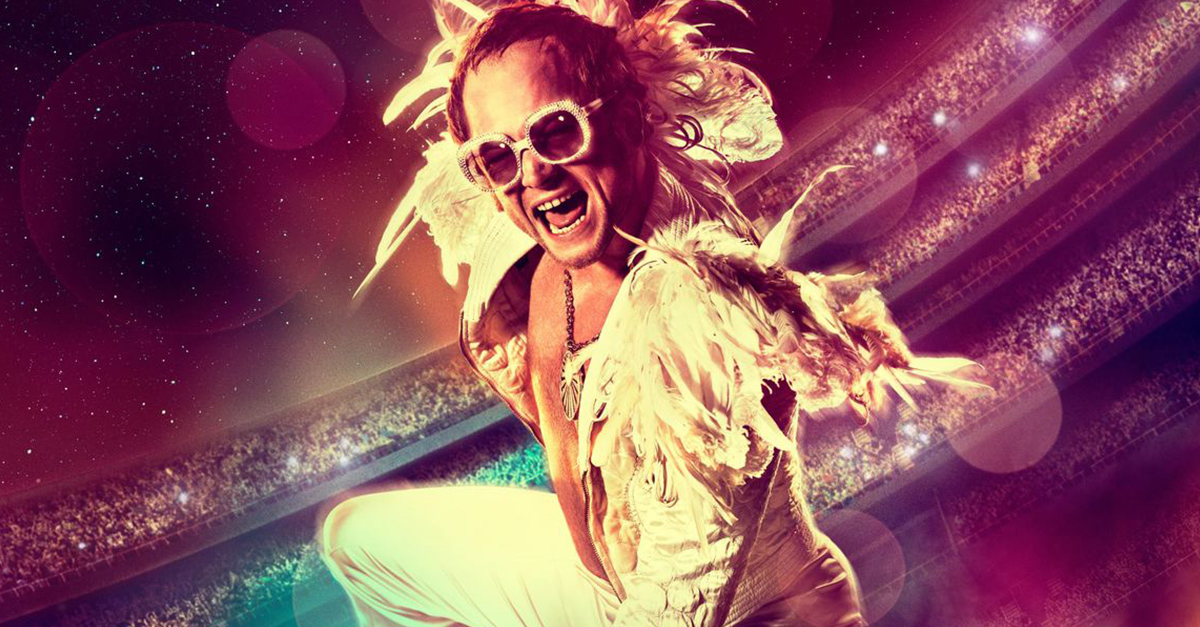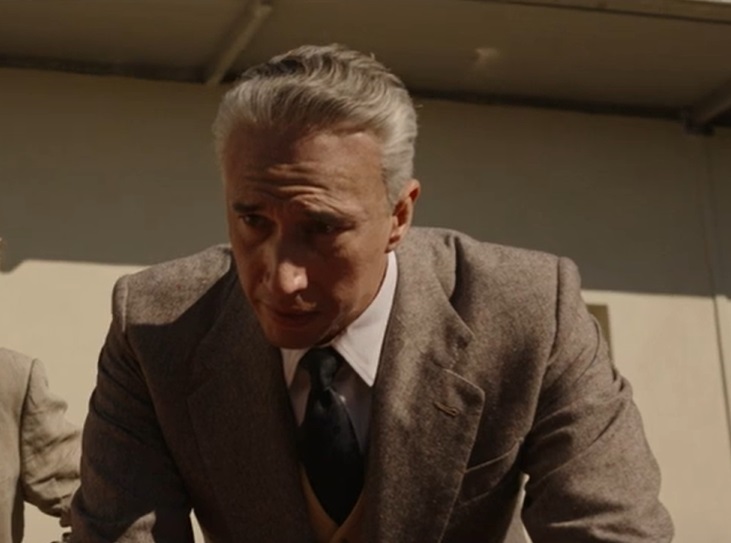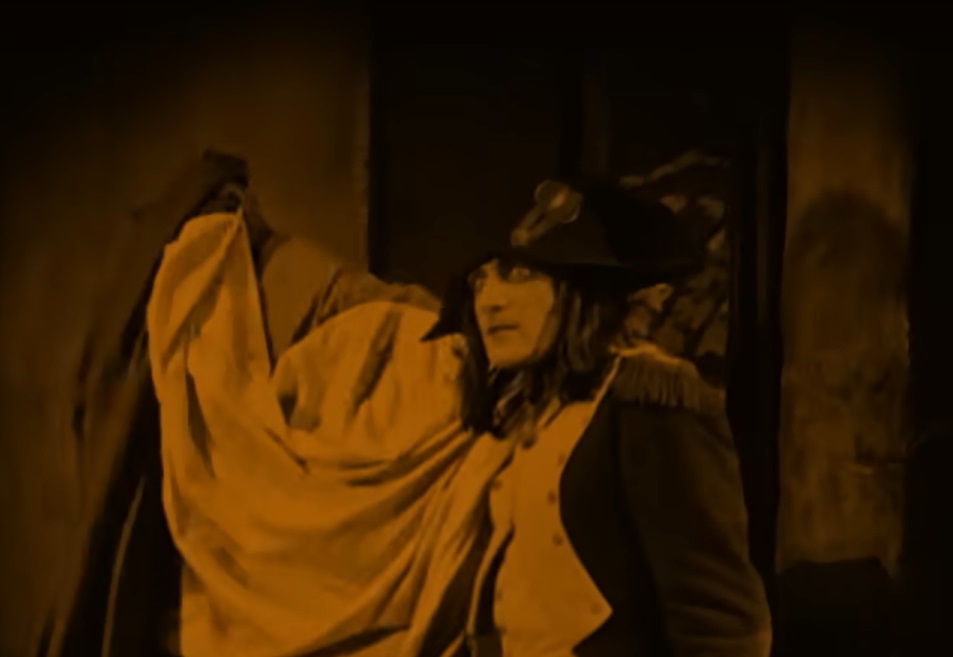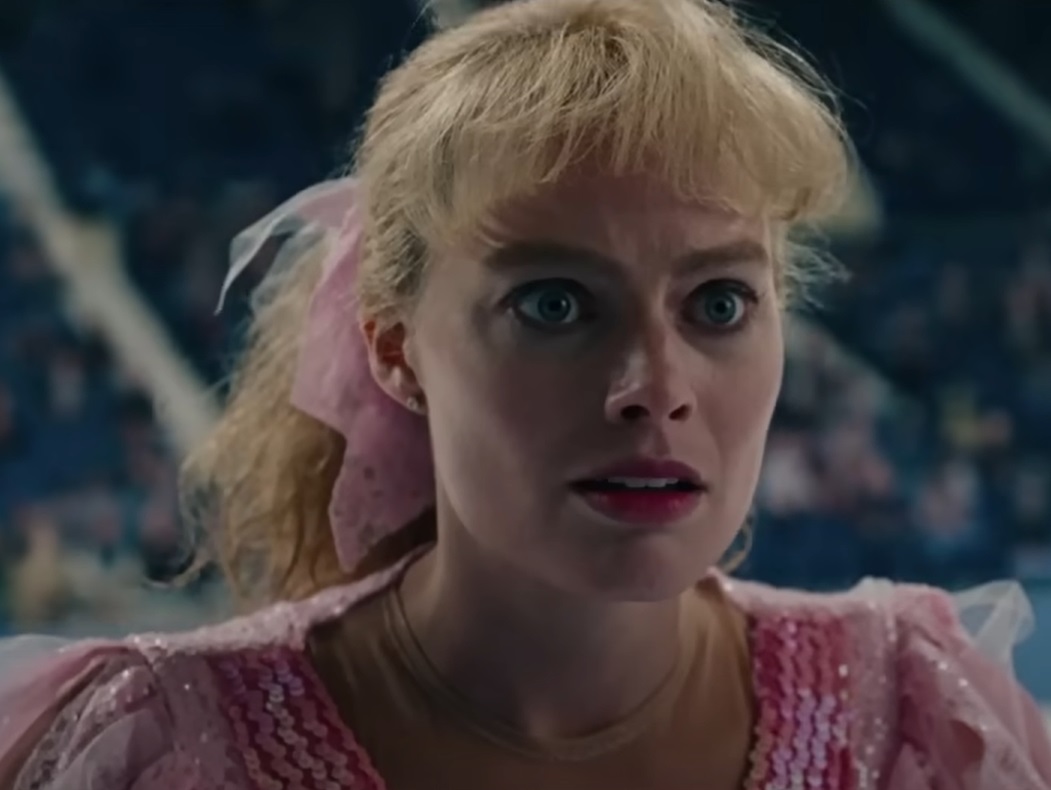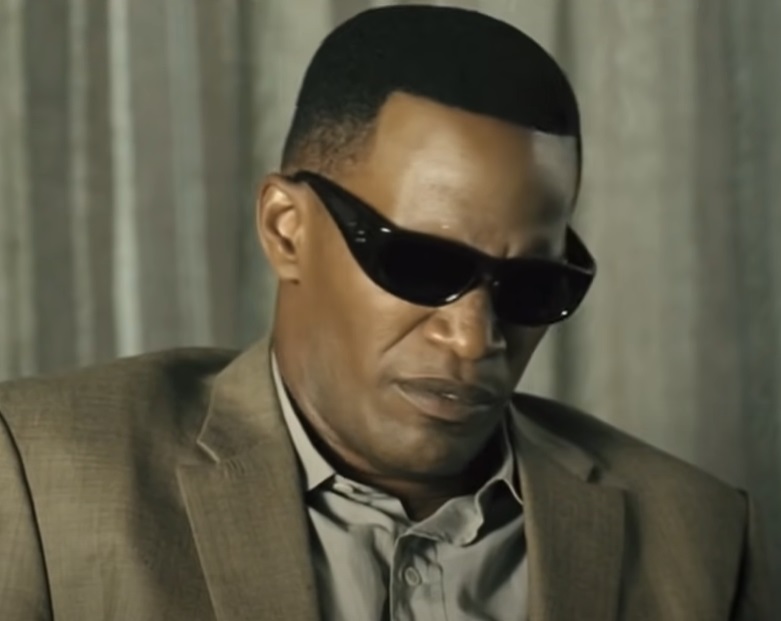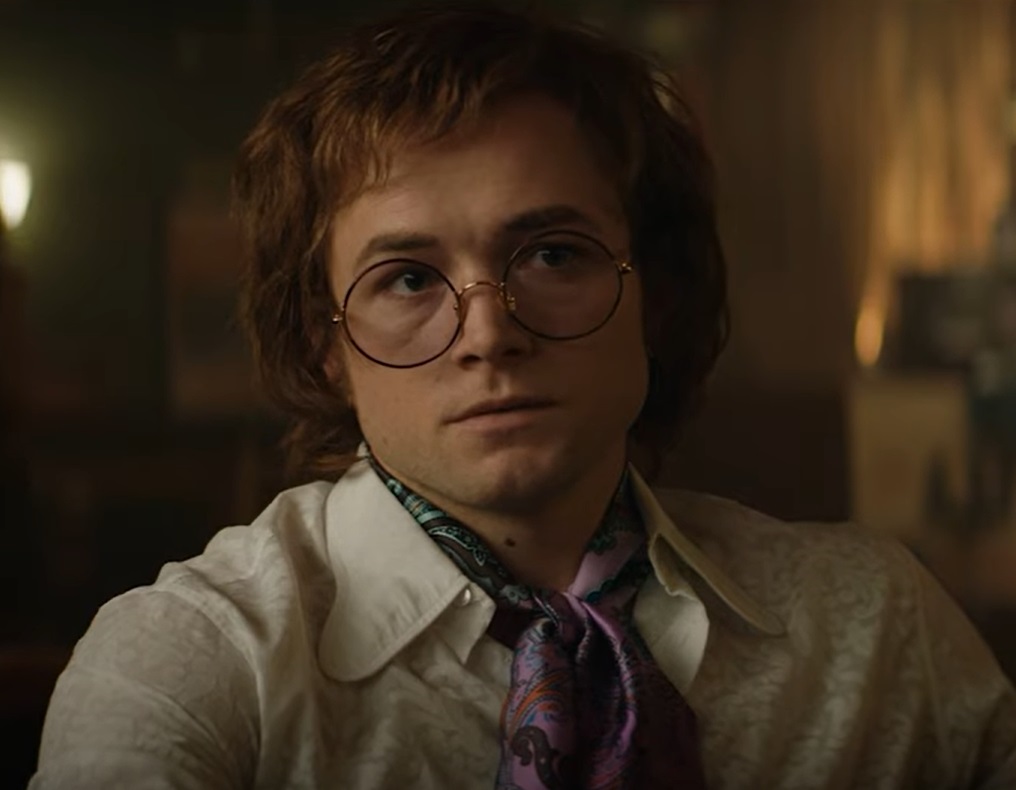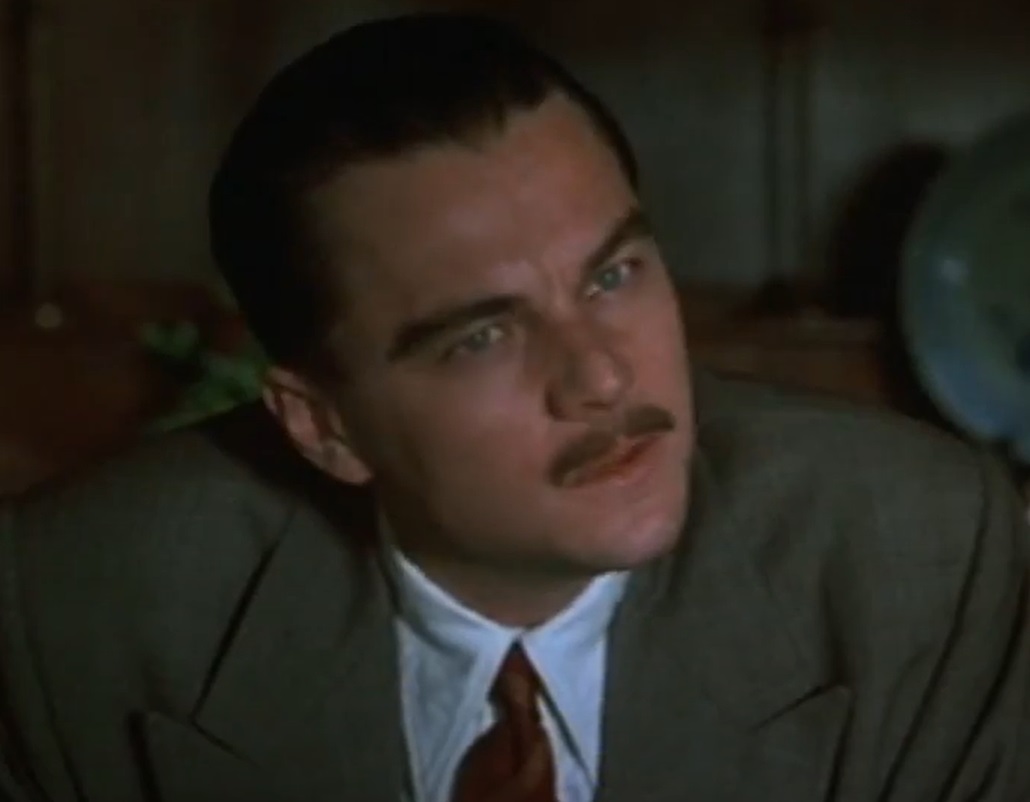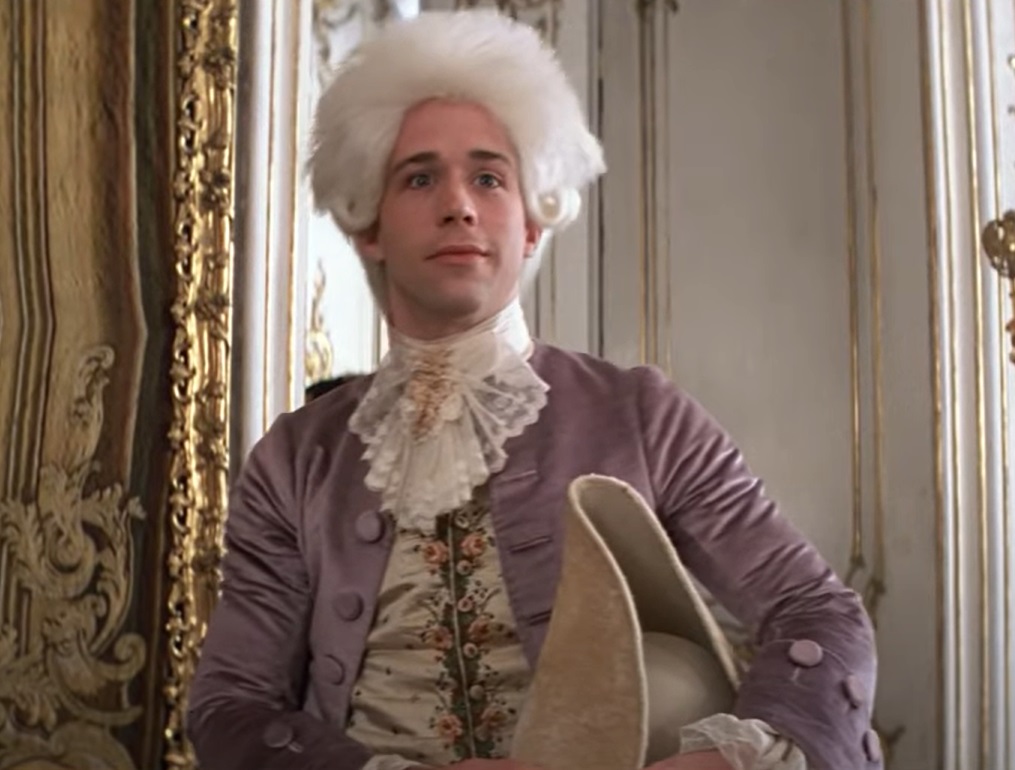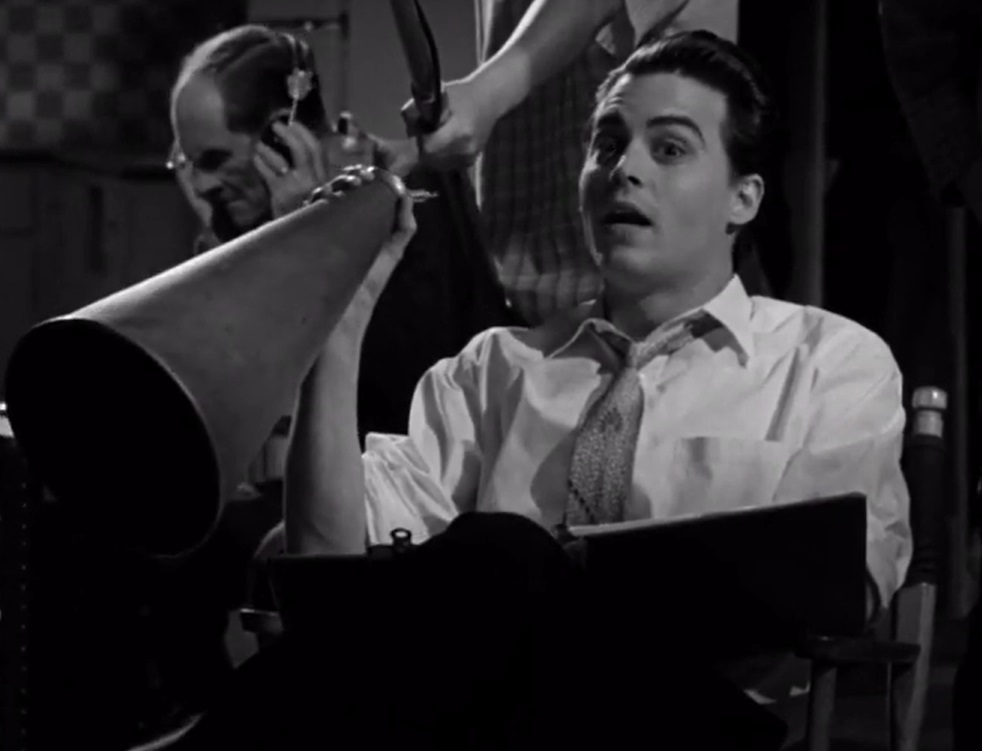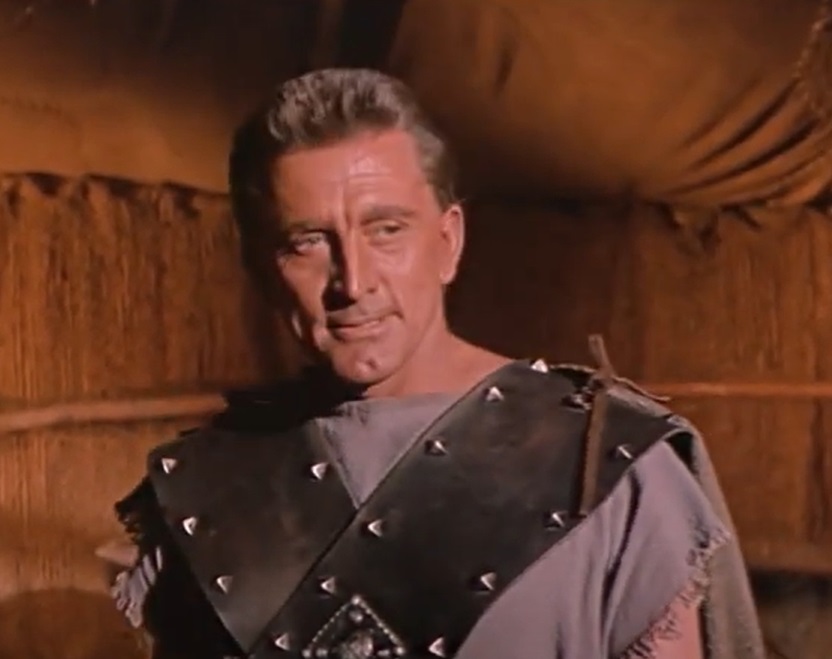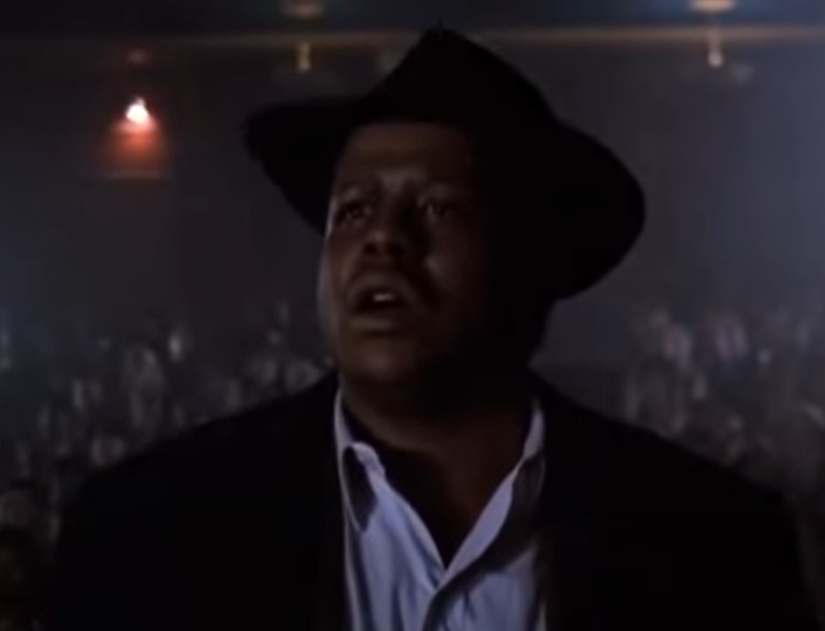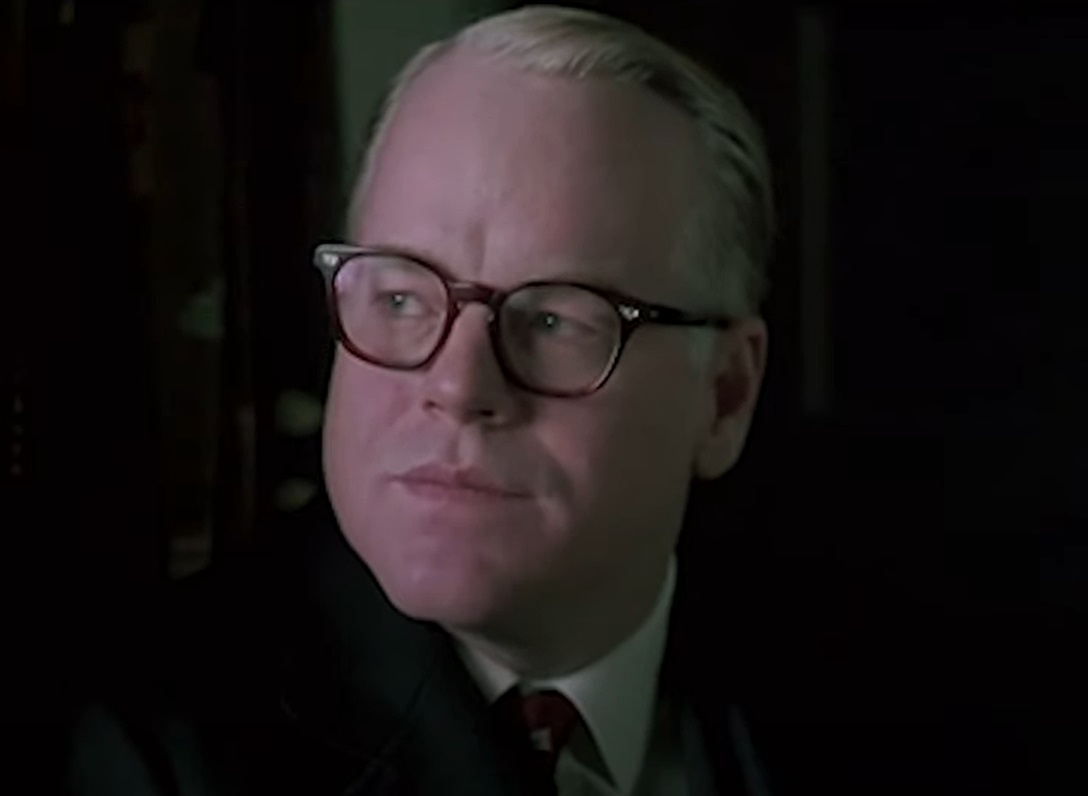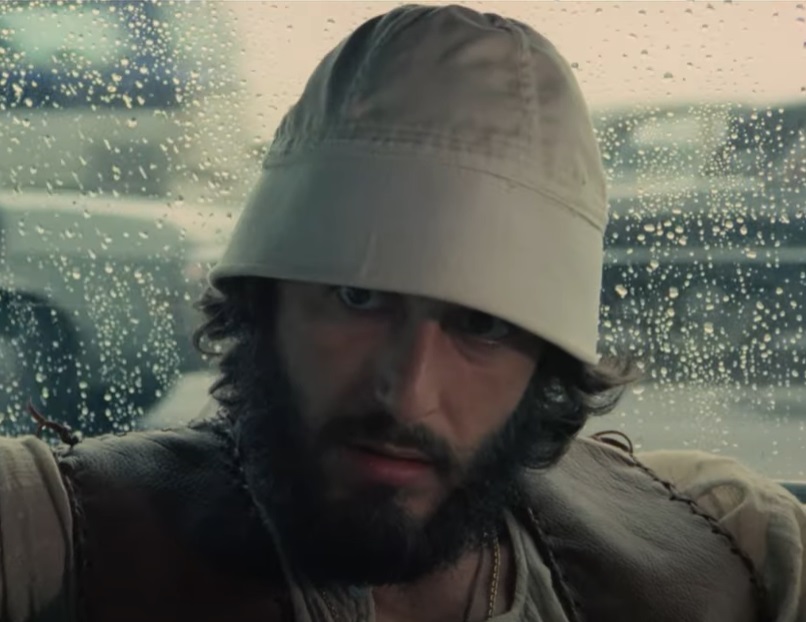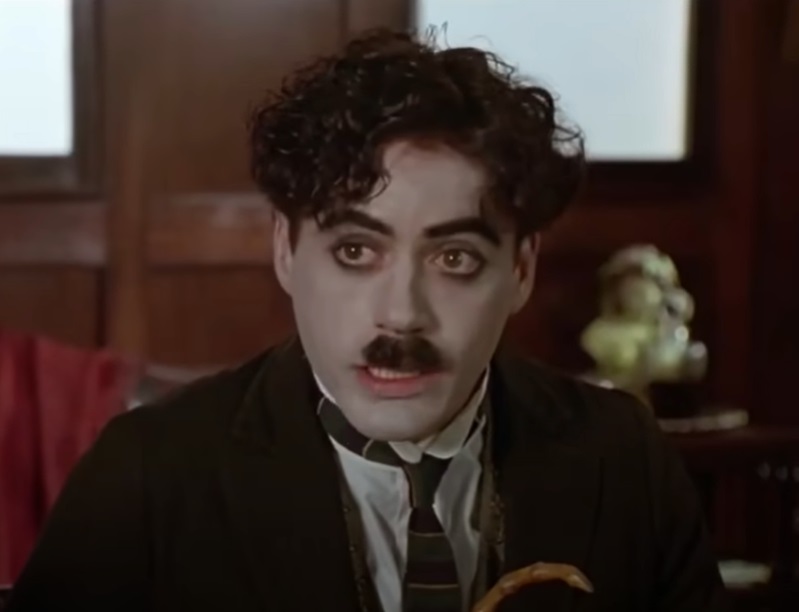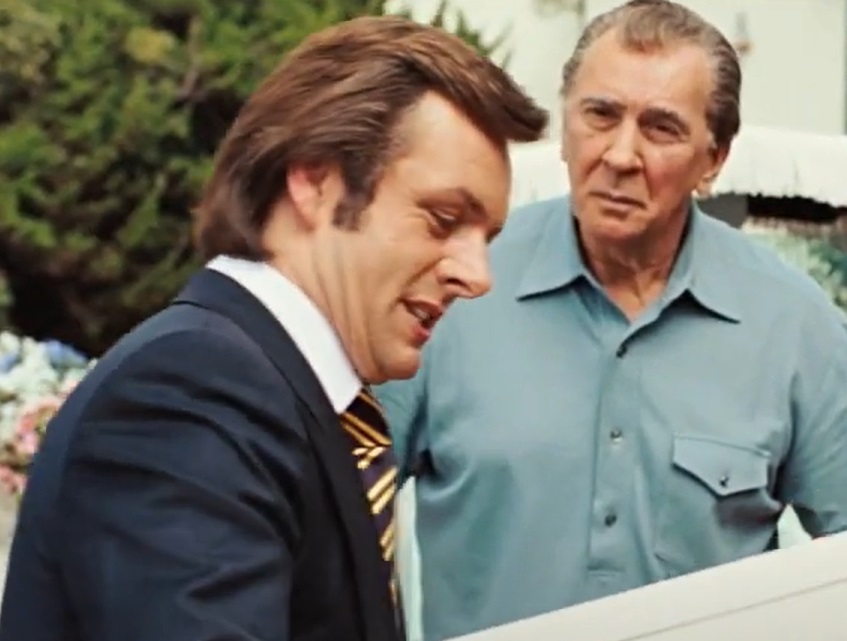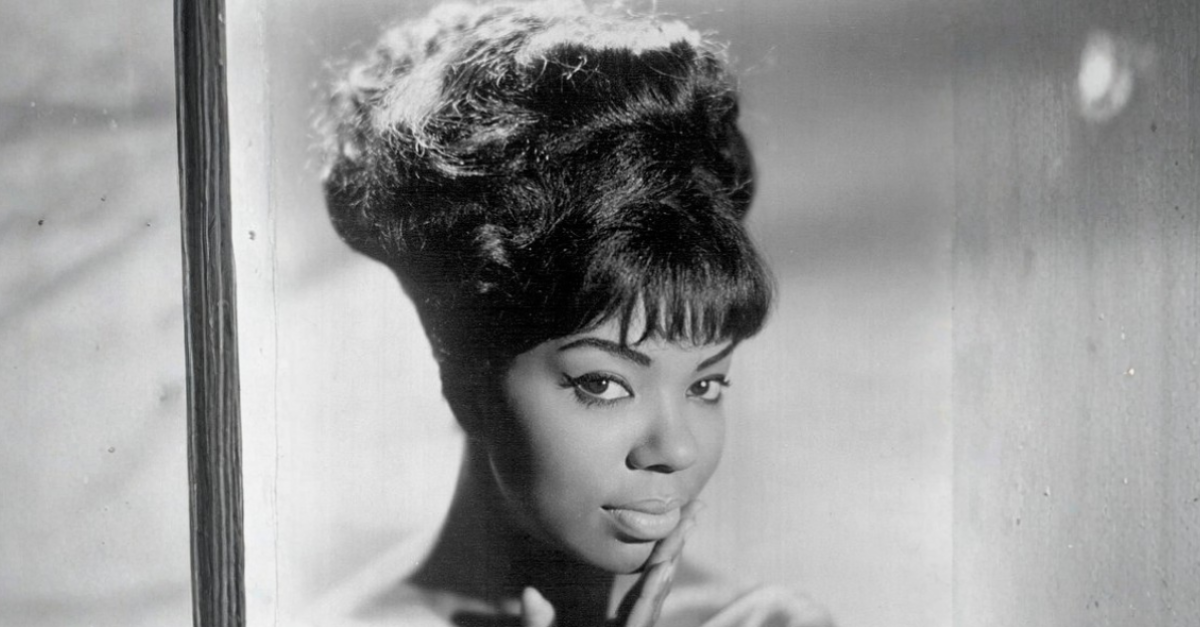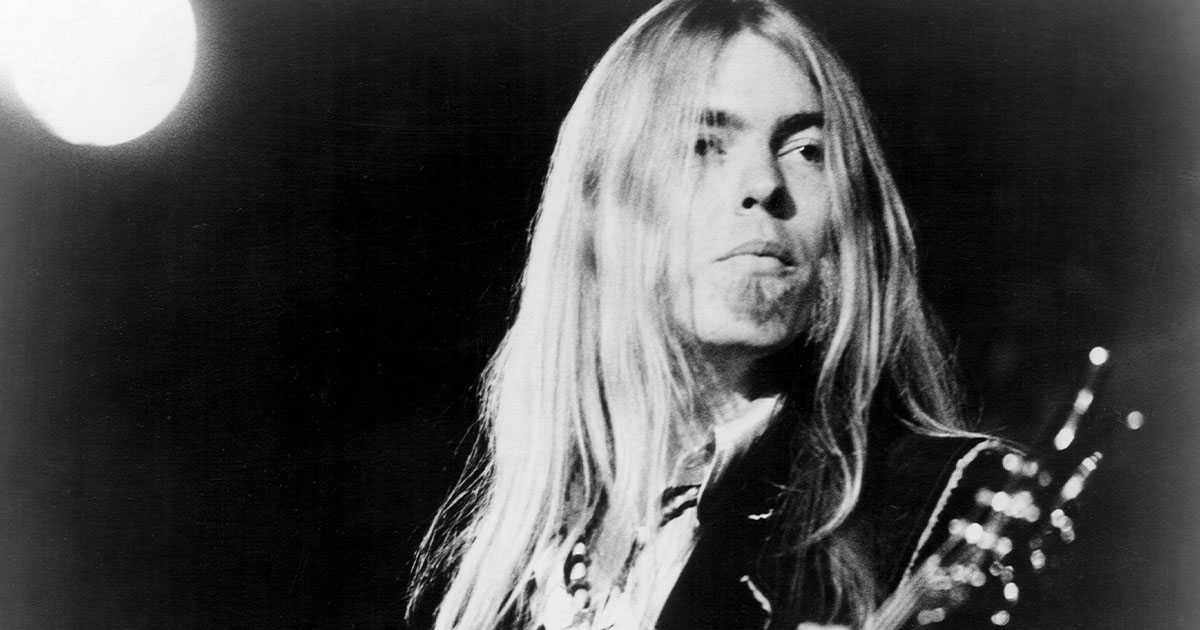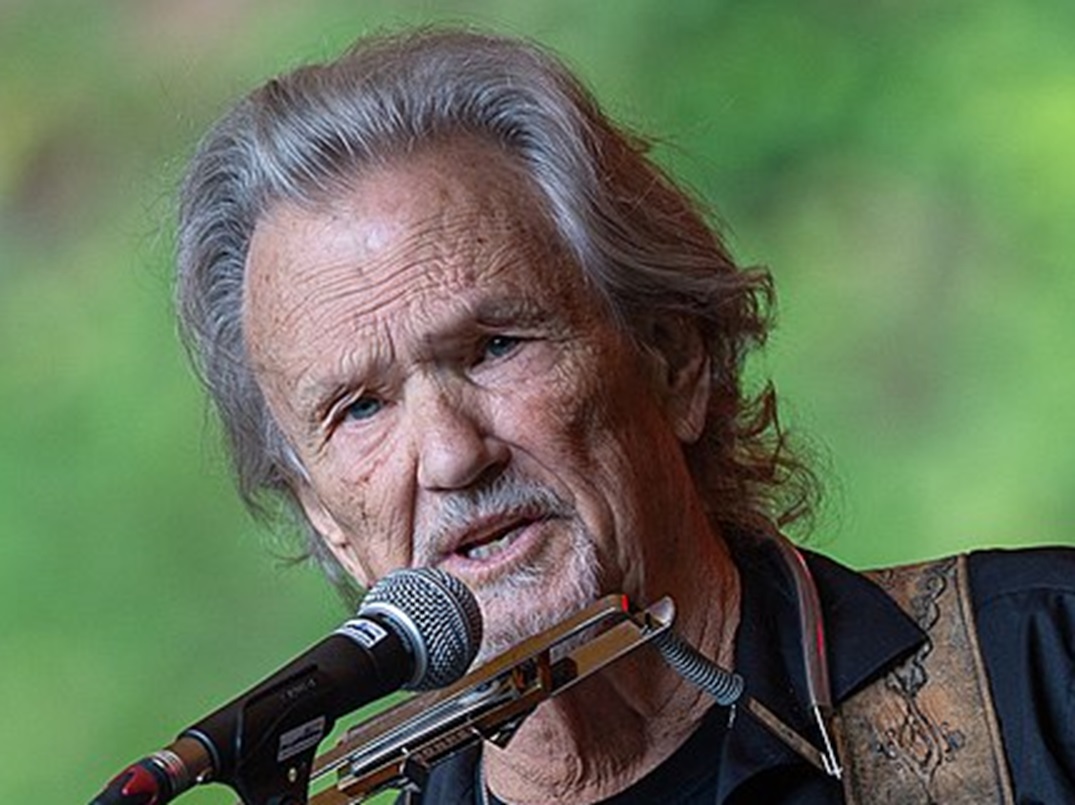Some Of The Best Films About Real People
The biopic as a film genre has a lengthy history, going back almost to the beginning of motion pictures. With the possibility of creating compelling stories about fascinating historical figures, biopics are irresistible to both filmmakers and actors. Here are some of the best biopics in movie history.
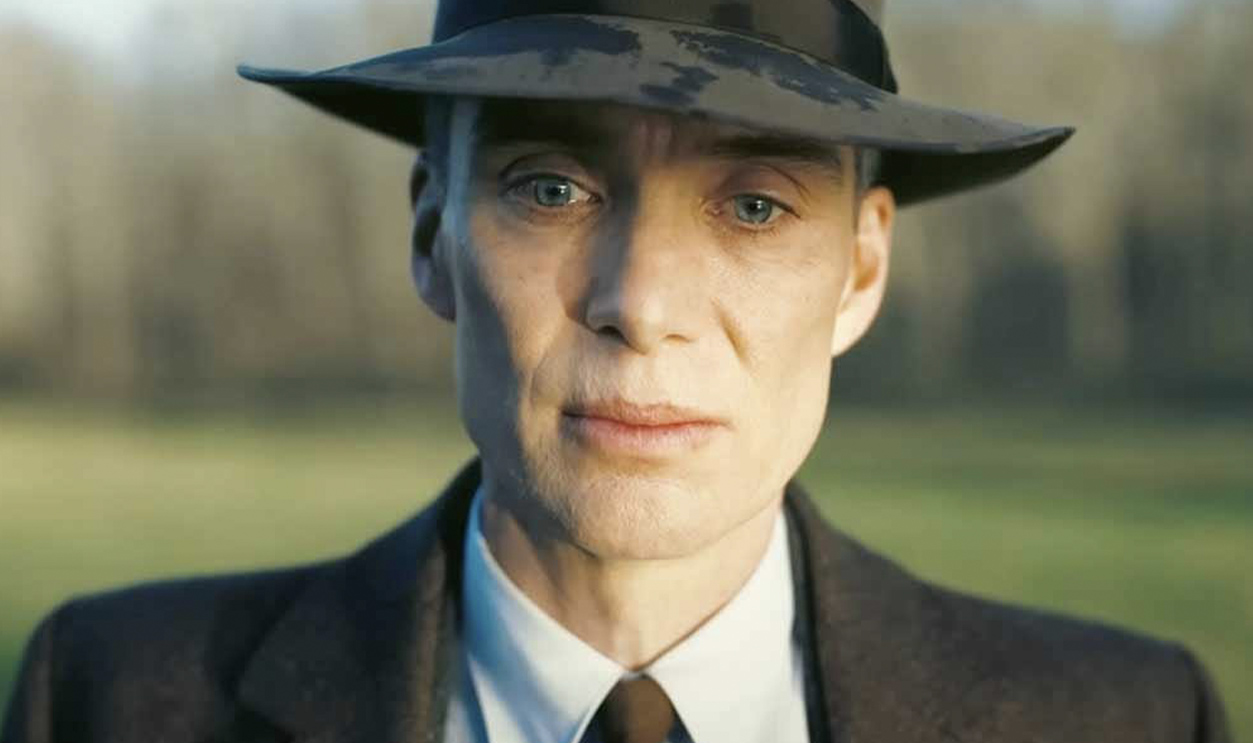
Ferrari (2023)
Not the most well-known biopic, Michael Mann’s Ferrari stars Adam Driver and Penelope Cruz. It’s a solid and fascinating portrait of the Italian automotive mogul, focusing on his obsession with a crucial race across Italy.
Napoleon (1927)
An epic from the silent era, Abel Gance’s 1927 masterpiece was forgotten for many years, until it was restored in 1981. It was produced using Polyvision, a three-projector system creating a wide aspect ratio. Gance intended Napoleon to be the first of six films about Napoleon Bonaparte, but technical and financial issues meant that this was the only one produced.
I, Tonya (2017)
For a while in the early 1990s, before reality TV and social media, the saga of Tonya Harding and Nancy Kerrigan dominated the media. I, Tonya is a biopic focusing on her rise to fame and Harding’s infamous attack on Kerrigan, with Margot Robbie earning an Oscar nomination for her portrayal of Harding in a mostly sympathetic look at Harding’s difficult life.
Elvis (2022)
Although considered a flawed film, it is Austin Butler’s performance as Elvis that makes it worth viewing. Butler utilized method acting to embody the role of Elvis, so much so that he maintained a bit of Elvis’ accent after the film was released, supposedly involuntarily. Butler hired a dialect coach to “exorcise” the Elvis out of him.
Ray (2004)
Ray Charles’ impact on music—and not just soul, but genres as diverse as pop, rock and country—cannot be overstated. Jamie Foxx gives a winning performance as Charles, in a film that covers his humble beginnings, the racism he endured, along with the prejudice he encountered due to his blindness.
Rocketman (2019)
Elton John’s flamboyant life and persona make for a winning subject of a biopic. Taron Egerton’s performance captures John’s onstage image as well as his personal struggles, in particular his addictions, sexuality, and relationships.
Marie Antoinette (2006)
A highly stylized look at Marie Antoinette, Sofia Coppola’s film is colorful yet historically faithful to this complex historical figure. The real Marie Antoinette is well-known but often misunderstood and Coppola portrays her as a tragic figure and a woman trapped by her circumstances.
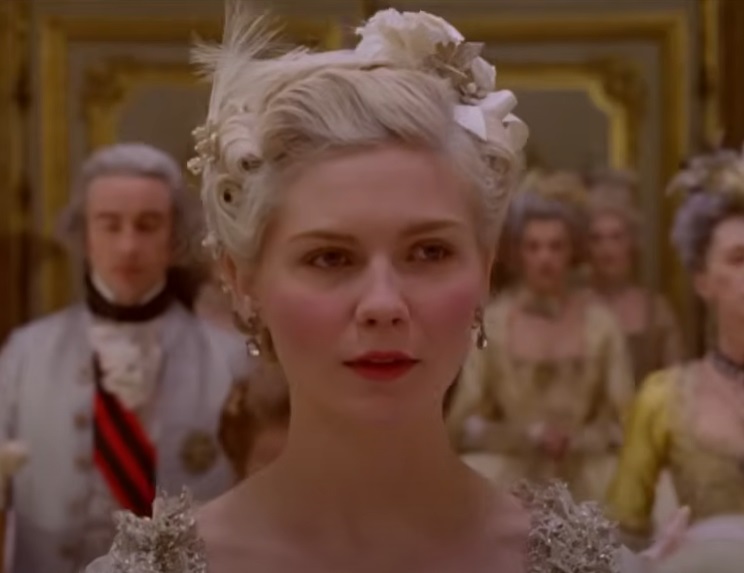 Columbia, Marie Antoinette (2006)
Columbia, Marie Antoinette (2006)
Priscilla (2023)
Less known than her earlier Marie Antoinette biopic, Sofia Coppola’s Priscilla is another portrait of a woman trapped by expectations. Elvis Presley’s marriage to Priscilla is shrouded in a certain mythology and the hagiography surrounding Elvis, and the film Priscilla looks deeper at the many problems in their marriage and the problematic nature of the relationship which began when Priscilla was only 14.
The Aviator (2004)
Aviation pioneer and eccentric billionaire Howard Hughes was a towering figure and a deeply disturbed individual. The Aviator traces his life starting with his controlling mother instilling an obsession with cleanliness which would manifest itself famously in Hughes’ obsessive-compulsive disorder. Hughes’ rise to fame and fortune is covered, as well as his mental decline and extreme isolation in his last years, expertly portrayed by Leonardo DiCaprio.
Amadeus (1984)
A big, splashy, and historically inaccurate biopic, Amadeus is based on the play of the same name and is very entertaining. Famously told through the eyes of his rival Antonio Salieri, Mozart’s fame and genius consumes Salieri and although highly fictionalized, Amadeus remains an enjoyable and captivating film.
Raging Bull (1980)
The subject of Martin Scorsese’s Raging Bull, Jake LaMotta, was not a well-known boxer and although talented, never made it big, mostly due to his rage, jealousy, and self-destructive tendencies. This is the theme of Raging Bull, considered not only one of the greatest biopics but one of the greatest films of all time. Robert De Niro won an Oscar for his portrayal while Scorsese infamously continued his losing streak at the Oscars, with Raging Bull losing to Ordinary People as best picture.
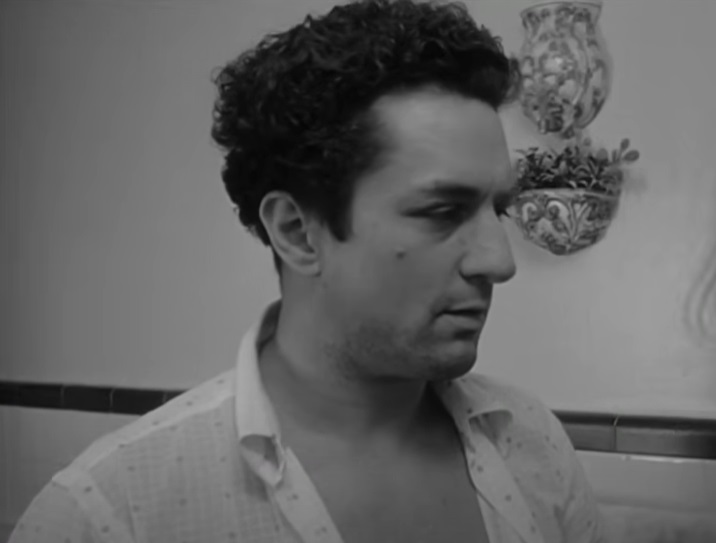 United Artists, Raging Bull (1980)
United Artists, Raging Bull (1980)
Malcolm X (1992)
Malcolm X was director Spike Lee’s first big biopic, telling the tragic story of the iconic civil rights leader. With Denzel Washington giving a powerful performance about Malcolm X’s journey from troubled youth to revolutionary leader, the film examines his shifting ideologies, from militant Black power through the Nation of Islam to Malcolm X’s disillusionment with that organization and his embrace of a more inclusive focus on human rights.
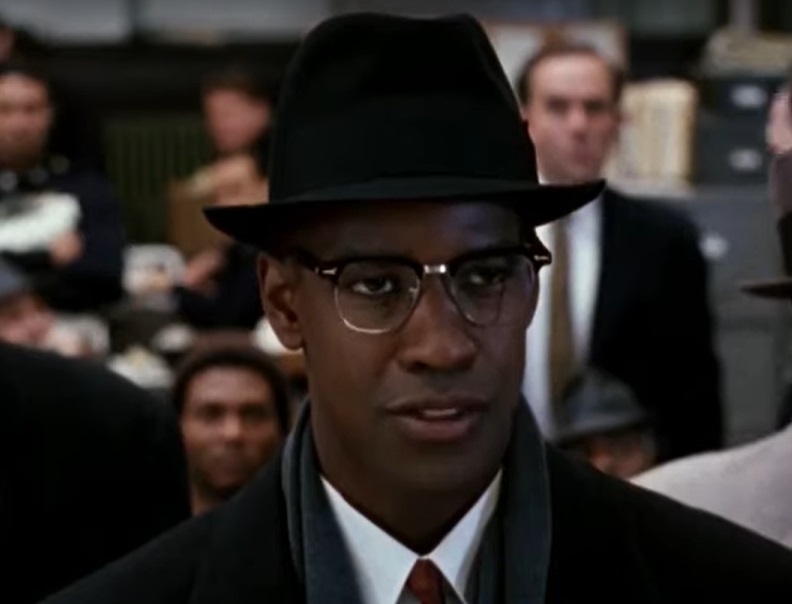 Warner Bros., Malcolm X (1992)
Warner Bros., Malcolm X (1992)
Oppenheimer (2023)
Cillian Murphy won an Oscar for his riveting performance as Robert Oppenheimer in a film exploring not only Oppenheimer’s life but in particular the development and aftermath of the atomic bomb. Oppenheimer is an epic film and although long, remains extremely watchable, showing a complex period in human history.
Lawrence Of Arabia (1962)
To say that Lawrence of Arabia is an epic is an understatement. At four hours in length, Lawrence of Arabia manages to be captivating throughout, with Peter O’Toole’s star-making performance as TE Lawrence standing out in particular. The film is a favorite of many directors, including Steven Spielberg and Christopher Nolan, with Spielberg stating that Lawrence of Arabia made him want to be a director.
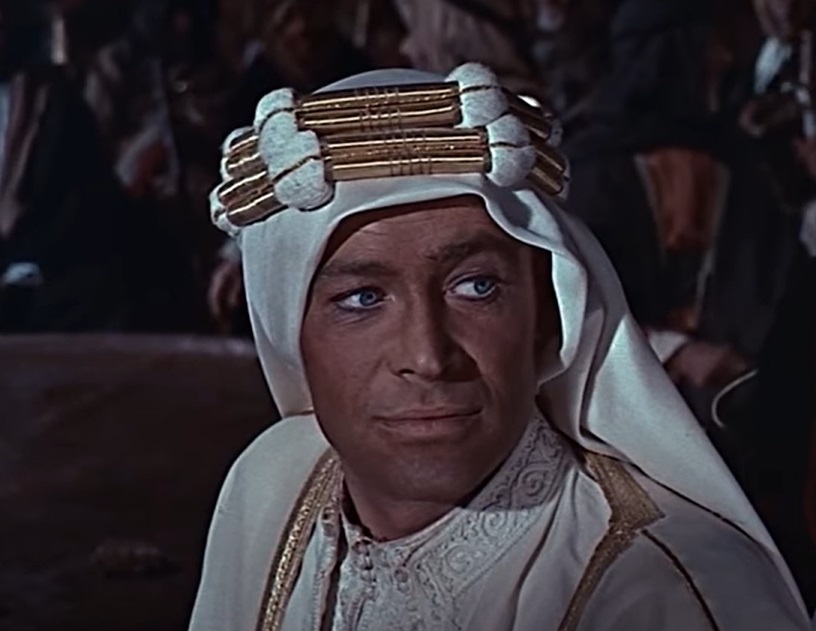 Columbia, Lawrence of Arabia (1962)
Columbia, Lawrence of Arabia (1962)
The Elephant Man (1980)
This heartbreaking film, directed with subtlety by David Lynch, is the true story of Joseph Merrick (often incorrectly called John Merrick, including in this film), a man with severe physical deformities who was exhibited in a 19th century freakshow. Despite the amount of make-up needed to show Merrick’s condition, actor John Hurt is able to portray Merrick’s humanity and his lifelong suffering.
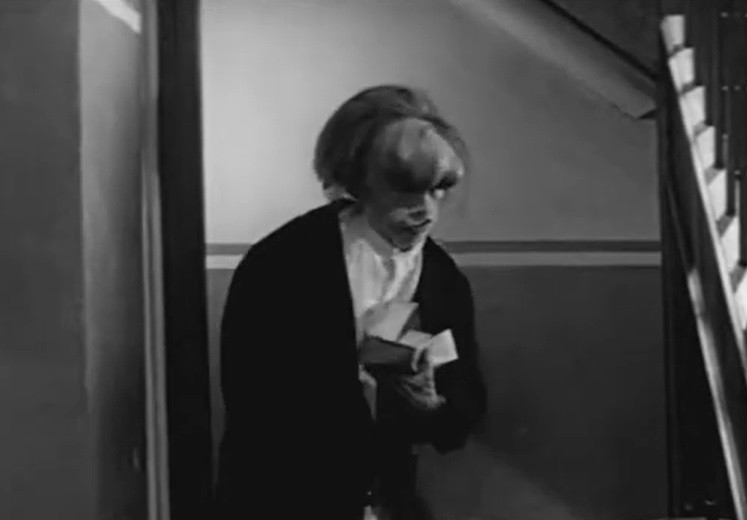 Paramount, The Elephant Man (1980)
Paramount, The Elephant Man (1980)
Patton (1970)
General George S Patton was a polarizing figure in American history. Deeply flawed, he nevertheless is respected for his military genius, if not for his personality or some of his actions. George C Scott masterfully portrays Patton and the film never makes excuses for Patton’s behavior, including the infamous slapping of a shell-shocked private.
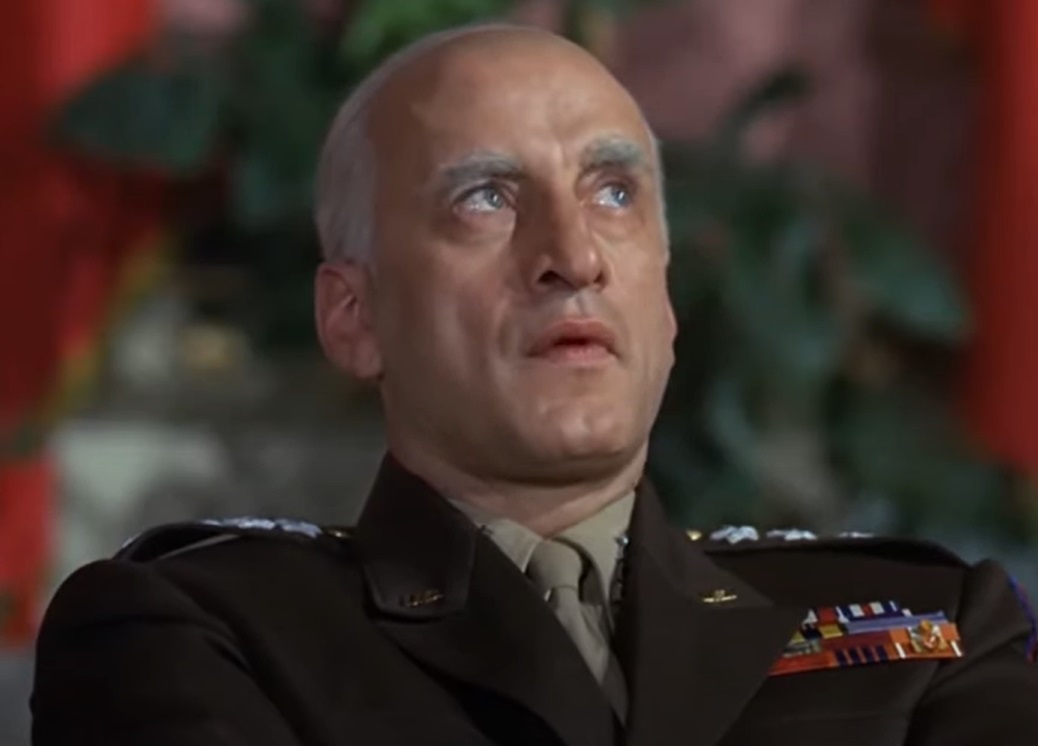 Twentieth Century, Patton (1970)
Twentieth Century, Patton (1970)
The Last Emperor (1987)
This is a big film, rich in detail, covering the life of Aisin Gioro Puyi, China’s last monarch, from childhood to his later years in communist China. Criticized for underplaying some of Puyi’s more cruel moments as an absolute monarch, the film nevertheless manages to cover the 60-year sweep of his reign in a spectacular fashion.
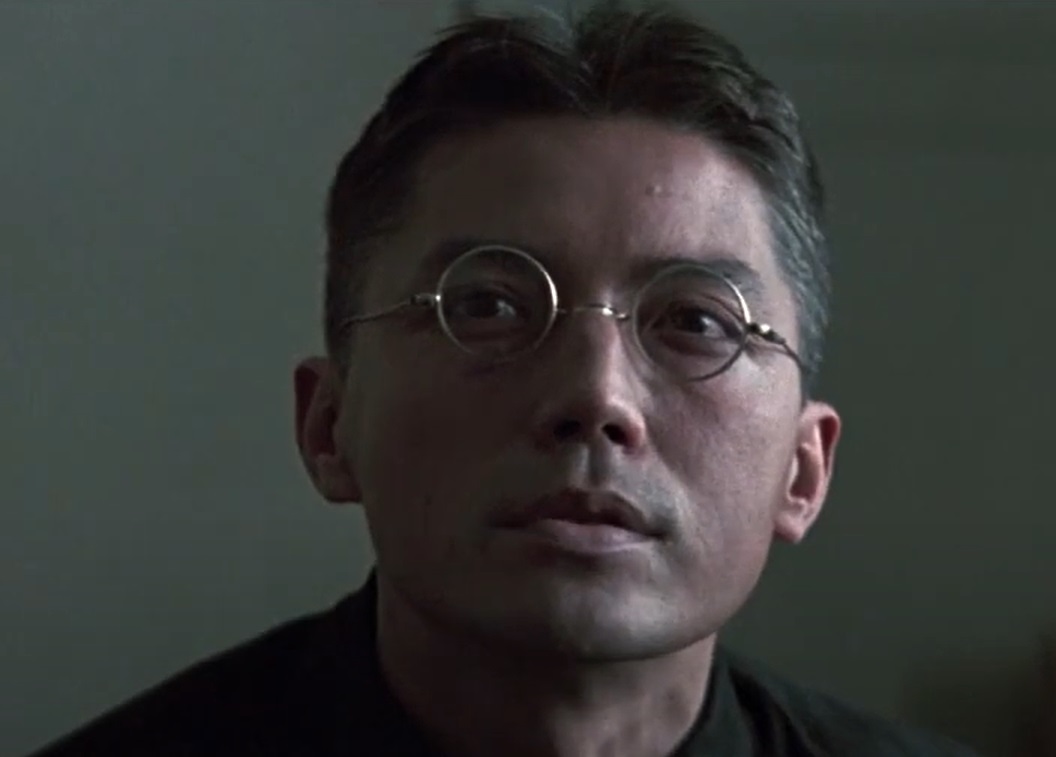 Columbia, The Last Emperor (1987)
Columbia, The Last Emperor (1987)
Ed Wood (1994)
Edward D Wood Jr is often considered to be the worst director of all time. Tim Burton gives Wood a sympathetic treatment, with Johnny Depp portraying Wood as both a real person and somehow simultaneously living within the universe of Wood’s films. Martin Landau gives a tremendous performance as the aging, broken, and drug-addicted Bela Lugosi.
Spartacus (1960)
You can’t get away from the famous and much-parodied “I’m Spartacus!” “No, I’m Spartacus!” moment from this epic historical film. It’s sometimes forgotten that this is a Stanley Kubrick film that is technically brilliant but has a strange artificial feel to it—we know it takes place in ancient Rome and we also know it’s a Hollywood production. Nevertheless, Spartacus is fun with lots of action with big battles and gladiator fights in the Colosseum.
A Hidden Life (2019)
Great biopics don’t always portray famous historical figures. Some of the best of the genre show the lives of little-known figures and A Hidden Life does just that: It’s the story of Franz Jägerstätter, an Austrian farmer and devout Catholic who refused to fight for the Germans in WWII.
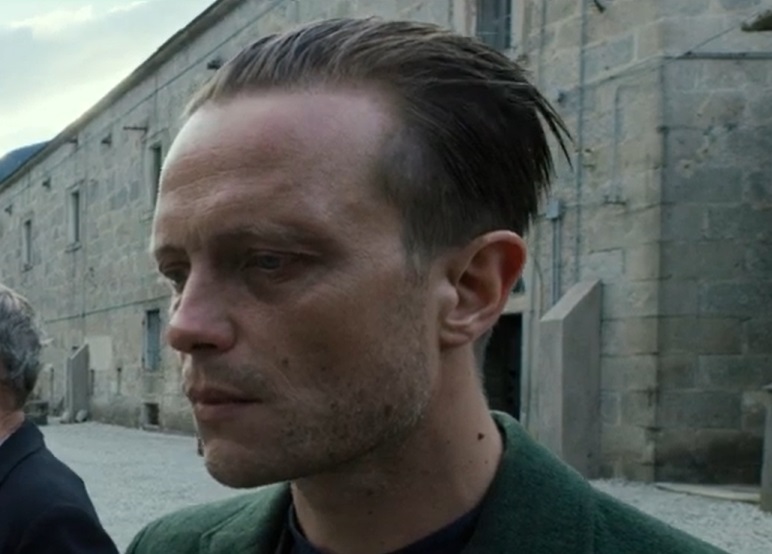 Searchlight, A Hidden Life (2019)
Searchlight, A Hidden Life (2019)
Coal Miner’s Daughter (1980)
The look and feel of Coal Miner’s Daughter is appropriate to the subject: country singer Loretta Lynn’s story of poverty, abuse, and being a married teenager, unexpectedly leading to fame and fortune in the music industry. Sissy Spacek is perfect as Loretta Lynn, capturing her humble beginnings and the stirrings of her future success.
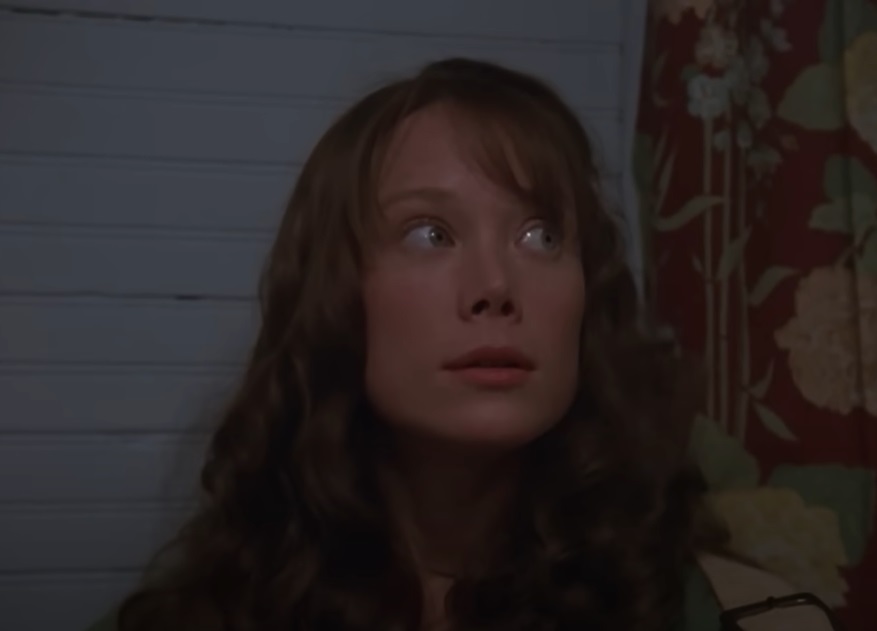 Universal, Coal Miner's Daughter (1980)
Universal, Coal Miner's Daughter (1980)
Walk The Line (2005)
Another film about country music icons, Walk the Line tells the story of Johnny Cash and June Carter and their professional success and personal dramas. The film is elevated from the behind-the-music cliches by the performances of Joaquin Phoenix and Reese Witherspoon.
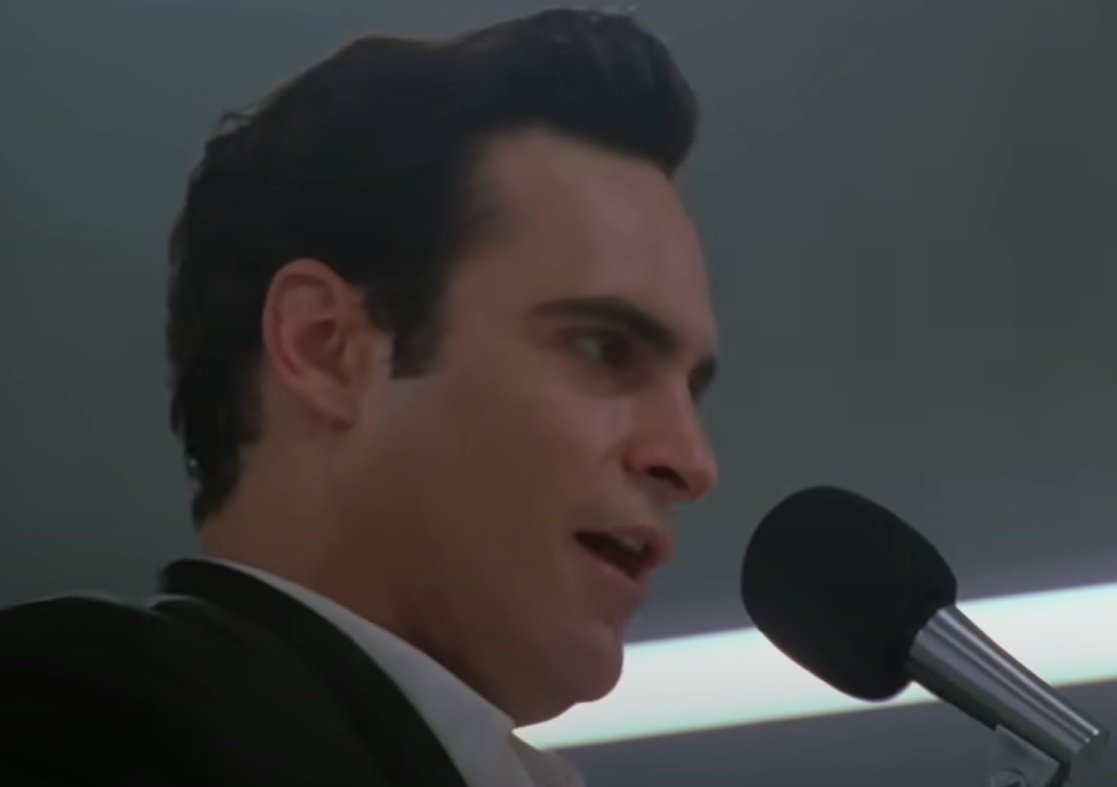 Twentieth Century, Walk the Line (2005)
Twentieth Century, Walk the Line (2005)
BlacKkKlansman (2018)
Spike Lee’s perennial Oscar snubs became a source of bitter humor for Lee over the years, but he finally won, not for Best Director or Best Picture, but for Best Adapted Screenplay for BlacKkKlansman. This is the true story of a Black Colorado Springs PD officer Ron Stallworth, who manages to infiltrate the actual Ku Klux Klan. It’s a riveting story with winning performances, especially John David Washington (Denzel Washington’s son) as Stallworth.
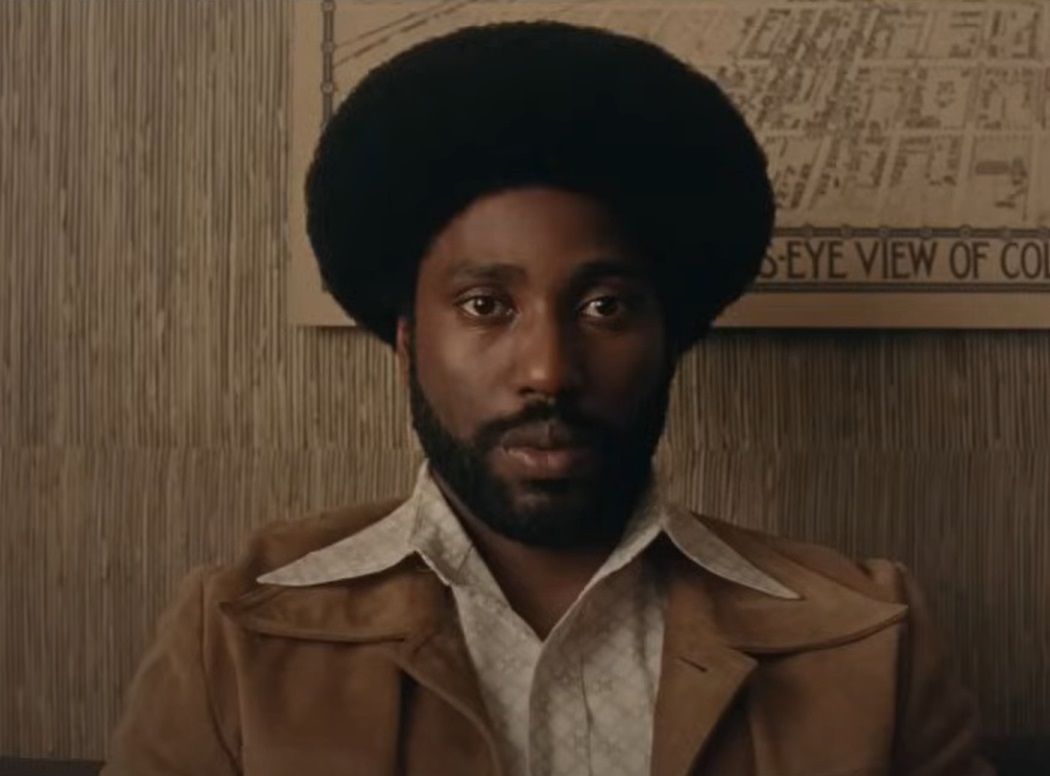 Universal, BlacKkKlansman (2018)
Universal, BlacKkKlansman (2018)
Lincoln (2012)
Playing larger-than-life historical figures is an actor’s dream job but it comes with pitfalls, especially when the subject is such a towering figure crucial to American history. It took English actor Daniel Day-Lewis to bring Abraham Lincoln to life in Steven Spielberg’s compelling film. It even manages to make policy-making and Congressional debates into riveting drama.
Control (2007)
Anton Corbijn is renowned for his photography and, in particular, his use of black and white photography of iconic musicians in the 1980s. He also worked as a director of music videos and he was uniquely positioned to bring to life Joy Division frontman Ian Curtis, a doomed figure from the somber Manchester music scene of the late 1970s and early 1980s. The film is austere and Sam Riley’s portrayal of Curtis is excellent.
Bird (1988)
Clint Eastwood is a prolific director, deftly shifting between Westerns, action films, serious dramas, and historical epics. As a jazz fan, it’s probably not surprising that Eastwood would tackle a biopic of the legendary Charlie Parker, one of jazz’s greats and one of jazz’s great tragedies. As a Black man working in the difficult era of Jim Crow, Parker’s own demons consumed him in the end and he is expertly portrayed by Forest Whitaker, with both the film and Whitaker’s performance conveying the ferocity of Parker’s playing.
American Hot Wax (1978)
Alan Freed was a crucial part of the development of rock and roll, a disc jockey who championed the new music in the 1950s and promoted the early pioneers of the genre. Freed in particular was famed for his concert series which emphasized integrated artists and audiences and this film depicts those early days of rock and roll.
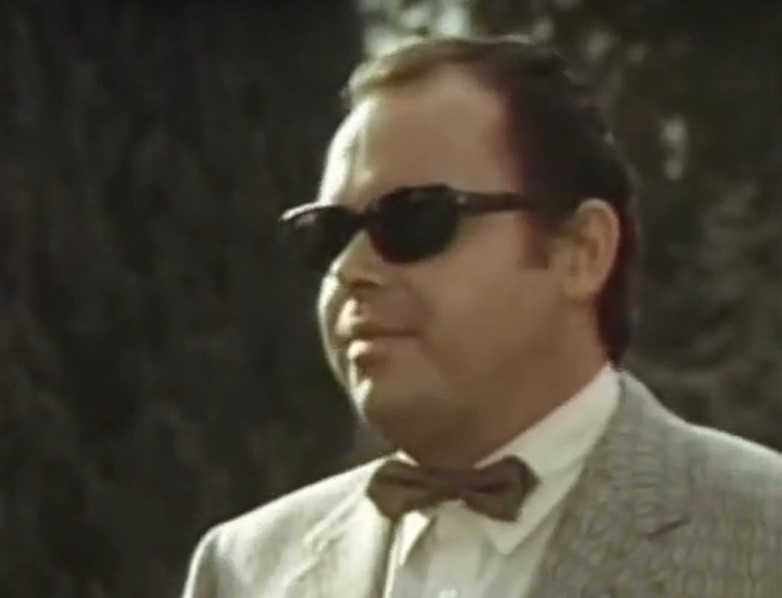 Paramount, American Hot Wax (1978)
Paramount, American Hot Wax (1978)
Capote (2005)
Philip Seymour Hoffman’s Oscar win for portraying writer and bon vivant Truman Capote was well-deserved. Capote was a complex figure, talented but self-destructive, someone who wanted to be taken seriously but was more famous for his social life and alcoholism. The film focuses on Capote’s research and writing of his acclaimed 1966 non-fiction novel In Cold Blood.
Gandhi (1982)
Gandhi was a big film in 1982, winning eight Oscars, including Best Picture. It’s an epic story of a key figure of 20th century history, a national hero in India, and someone who remains both inspirational and controversial. English actor Ben Kingsley (who is Indian on his father’s side) gives a career-making performance, introducing Western audiences to a figure they’d heard of but knew little about.
Milk (2008)
Harvey Milk was famous for being the first openly gay elected politician in the US and for his assassination. A key gay rights activist, Milk decided that it was best to try to fight for gay rights from within the system. Sean Penn won an Oscar for his performance as Milk, a city supervisor who was assassinated along with San Francisco mayor George Moscone by fellow city supervisor Dan White in 1978.
Serpico (1973)
New York City in the 1970s was notorious for its crime, its severe budget shortfalls, and the mostly open corruption of the NYPD. Frank Serpico was an officer who blew the whistle on NYPD corruption. Al Pacino portrays Serpico as a tough but principled officer who stood alone against corruption.
The King’s Speech (2010)
King George VI was the British monarch during WWII and was famous for not only being the first king to have a media presence, giving regular radio broadcasts to reassure a frightened British public, but also for his speech impediment. The King’s Speech focuses on that time period and George’s struggles to improve his speaking and his fear of speaking on the radio, portrayed sympathetically by Colin Firth.
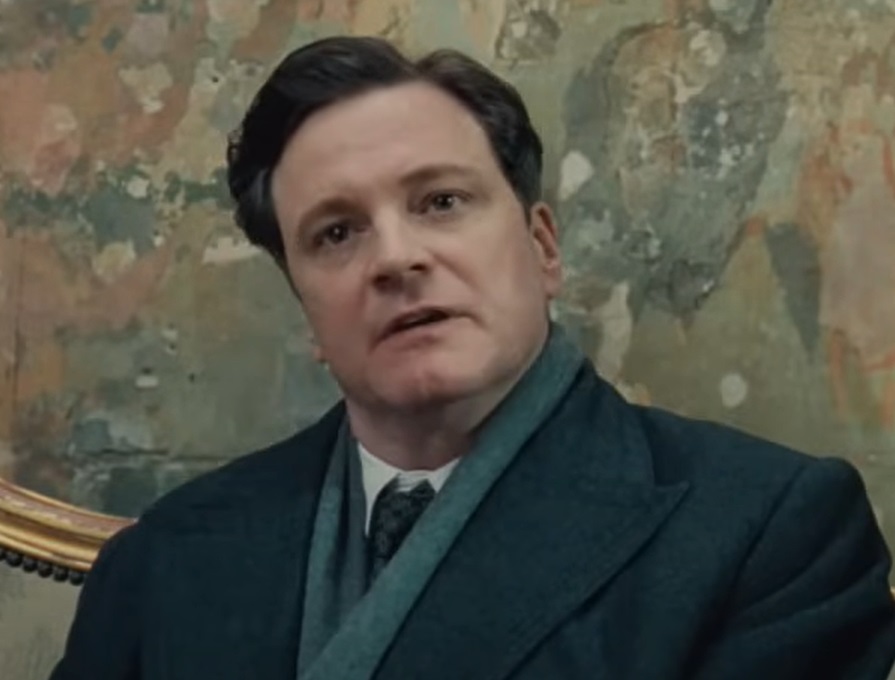 UK Film Council, The King's Speech (2010)
UK Film Council, The King's Speech (2010)
The Imitation Game (2014)
Alan Turing was a genius on the level of very few people. He was deeply involved with cracking the German Enigma code and as such, he helped develop computers as we know them today. He was also hounded to his death by British authorities because he was gay, and this film shows his work on behalf of Britain and his ultimate destruction by Britain after WWII.
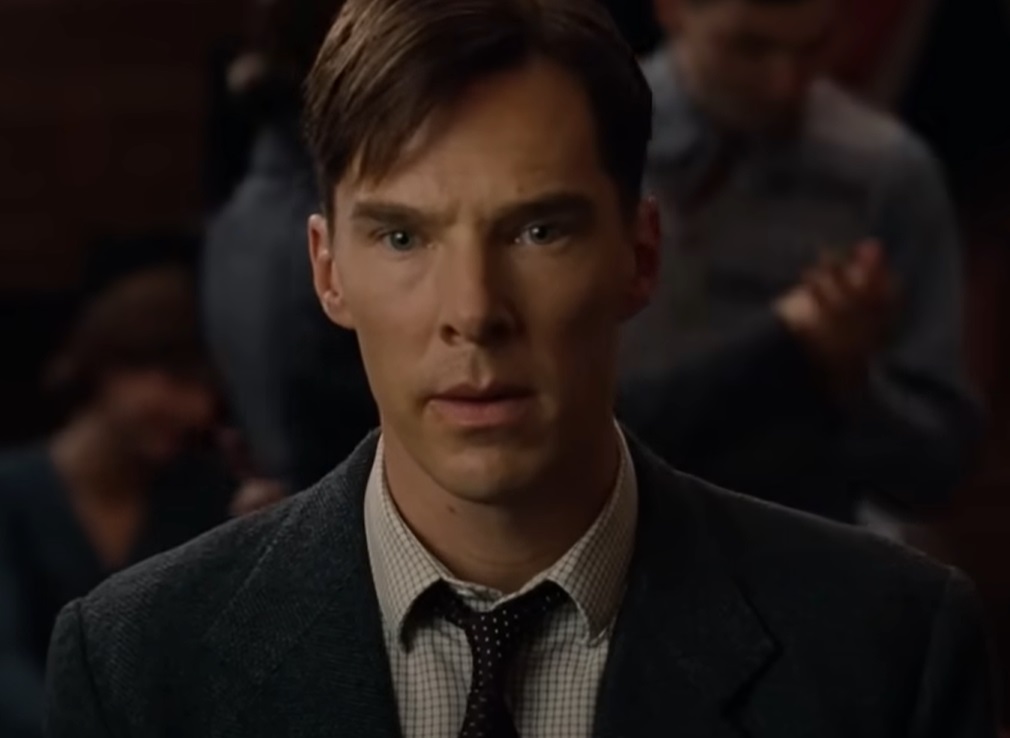 Black Bear, The Imitation Game (2014)
Black Bear, The Imitation Game (2014)
Chaplin (1992)
A star-making turn for Robert Downey Jr, Chaplin tells the life story of Charlie Chaplin, from his childhood poverty in the UK to his stardom in early Hollywood. It also touches on Chaplin’s troubled personal life and his personal failings, including his relationships with far too young girls, and Chaplin’s “exile” to Switzerland during the Red Scare of the 1950s as the United States turned its back on him.
The Theory Of Everything (2014)
Stephen Hawking was an unparalleled genius, often compared to Albert Einstein in impact and achievements. He was also notable for being inflicted with motor neuron disease which confined him to a wheelchair and a computer-generated voice box. The film traces his life and struggles, and Eddie Redmayne won an Oscar for his portrayal of Hawking.
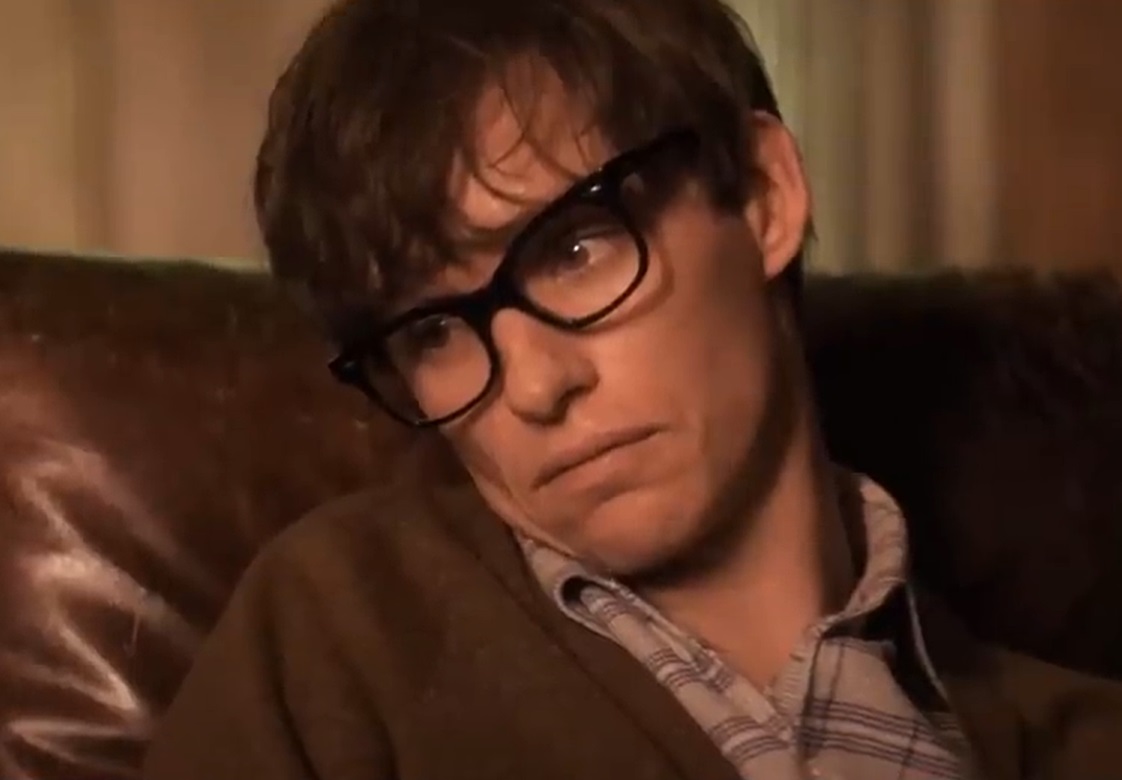 Working Title, The Theory of Everything (2014)
Working Title, The Theory of Everything (2014)
JFK (1991)
JFK is a big, sprawling, and sometimes messy film, but it’s also as captivating as it is incredulous. Oliver Stone’s lengthy biopic of New Orleans District Attorney Jim Garrison covers Garrison’s court case in the late 1960s that contributed to many of the ongoing conspiracy theories surrounding the JFK assassination. No matter which side you find yourself on when it comes to the JFK saga, the film remains fascinating with many stellar performances.
Hotel Rwanda (2004)
Paul Rusesabagina is not a household name, but he is a heroic figure who saved thousands of Tutsi refugees during the horrific Rwanda genocide in 1994. Hotel Rwanda tells his story, with Don Cheadle giving an Oscar-winning performance as Rusesabagina. The tragedy of Rwanda is examined in unflinching detail.
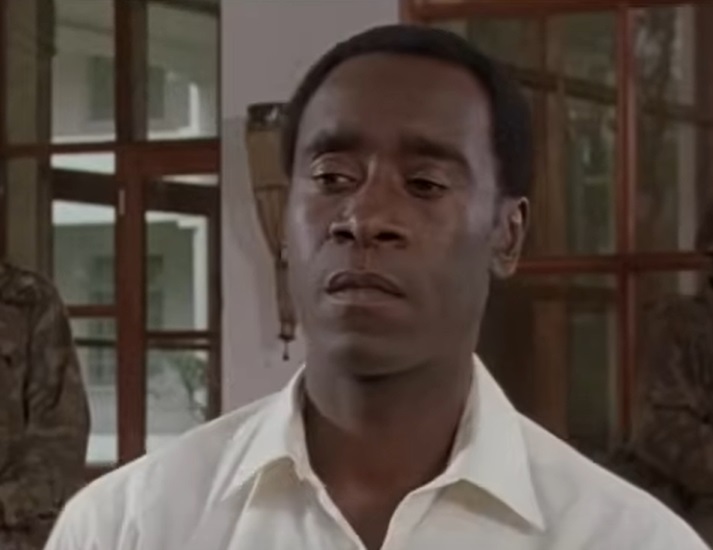 United Artists, Hotel Rwanda (2004)
United Artists, Hotel Rwanda (2004)
Frost/Nixon (2008)
Originally a play, Michael Sheen and Frank Langella reprise their stage roles as British television broadcaster David Frost and former United States President Richard Nixon respectively. In 1977, Nixon granted Frost an unprecedented series of interviews, thinking Frost was a lightweight and Nixon would be able to redeem his tarnished legacy after Watergate without answering any tough questions on his alleged crimes.
Man On The Moon (1999)
Andy Kaufman’s unusual life and career was an inevitable subject of a biopic, but it needed the right actor to come along. In a career where the real Andy Kaufman was unknowable (was it all an act when he antagonized audiences or “bombed” on stage?), Jim Carrey was able to convey that sense of Kaufman’s life and act, and despite his over-the-top comedic stylings, Carrey manages to give some humanity to Kaufman’s short, strange life. But his method of getting into character may have been a little too extreme.
Carrey didn’t just make people call him Andy, even when they weren’t filming, but also went so far as to claim that he was possessed by the spirit of Andy Kaufman. The wild antics he got up to while “possessed” angered a lot of the cast and crew—at one point, Carrey got so engulfed in the role that he spat in Jerry Lawler’s face, leading to more chaos when Lawler chased after Carrey and tried to choke him. Carrey did later admit to having a psychotic breakdown while filming Man on the Moon, so maybe that contributes to some of his more scandalous behaviors.
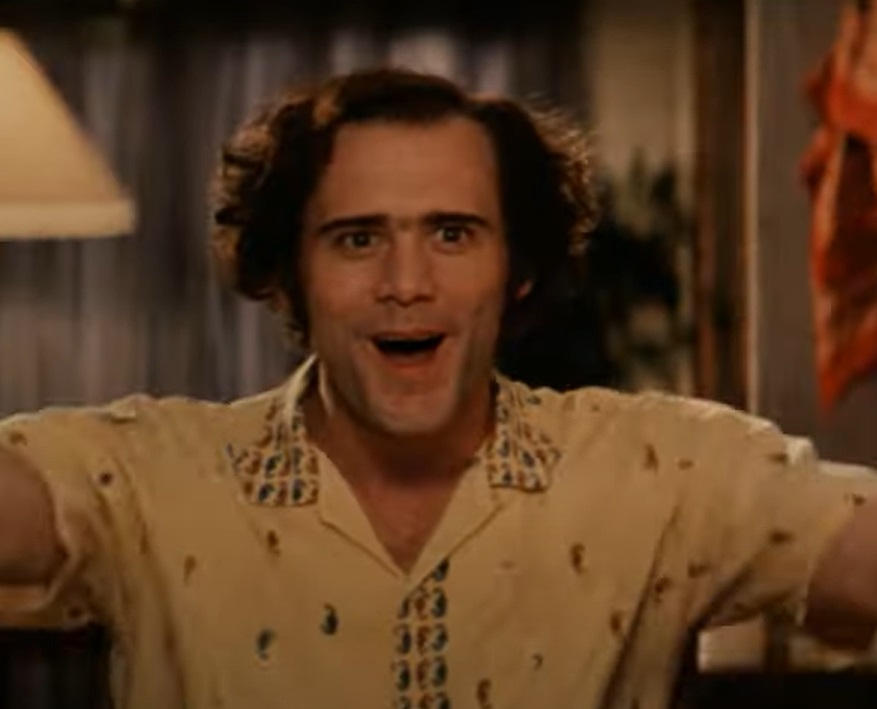 Universal, Man on the Moon (1999)
Universal, Man on the Moon (1999)

